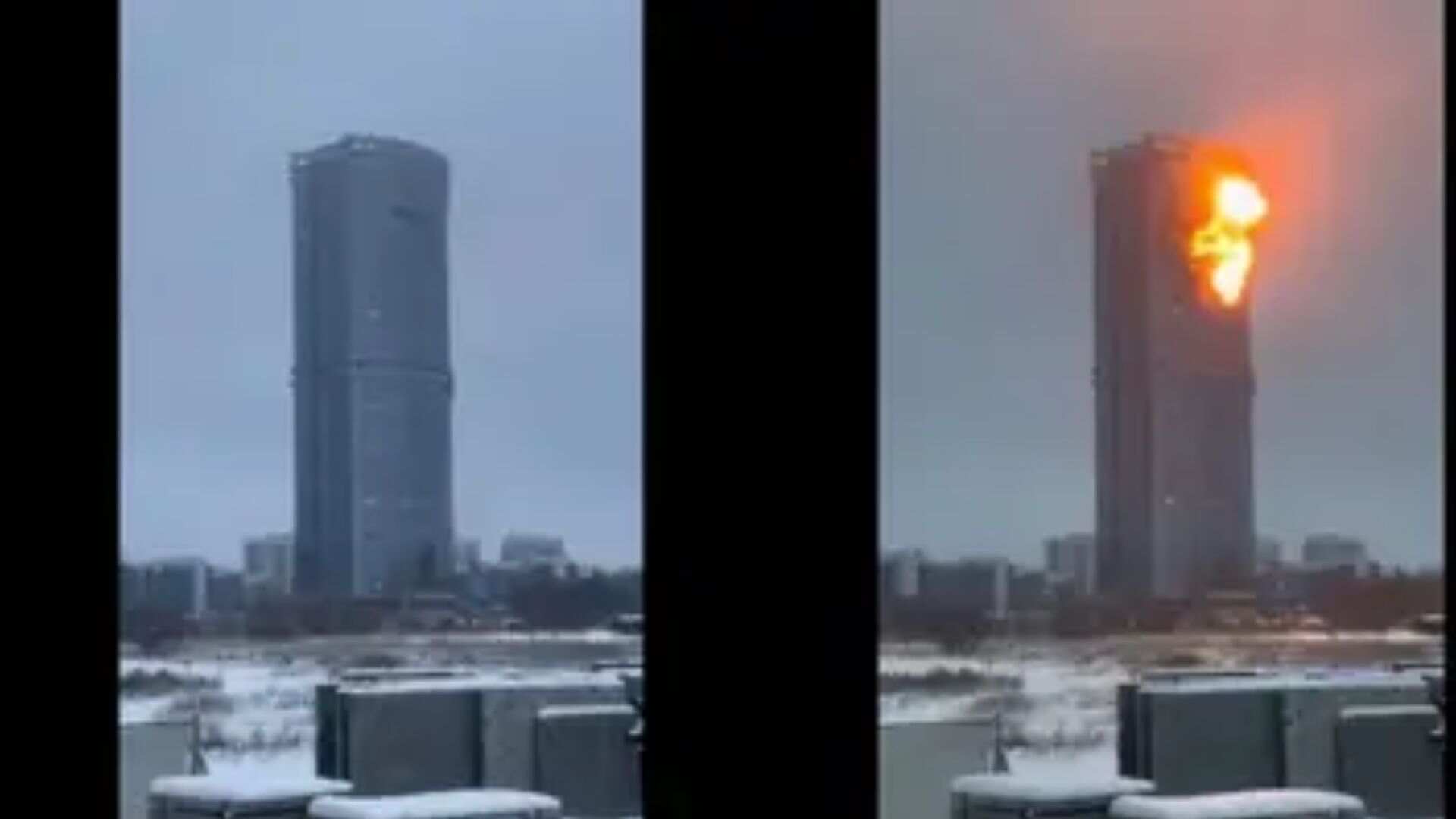Israel closed its airspace on Tuesday evening (October 1) following a massive missile attack from Iran, escalating tensions in the Middle East and heightening concerns of a potential all-out war, according to the Airports Authority, as reported by the Times of Israel. All incoming and outgoing flights from Ben Gurion Airport have been suspended, with flights being redirected to alternative locations outside of Israel, the report added.
Jordan and Iraq also temporarily closed their airspace in response to the situation. Reuters reporters on the ground observed multiple interceptions in Jordanian airspace.
🚨 Mass aircraft diversions over the Middle East as Iraqi, Jordanian, and Israeli airspace closes.
🔔 NOTAM: E) BAGHDAD FIR CLSD DUE TO SECURITY “Until Further Notice.” #aviation #airtraffic #MiddleEast #Israel https://t.co/iMoRlcnGdC
— RadarBox (@RadarBoxCom) October 1, 2024
Iran attacks Israel
The Israeli Army announced on Tuesday that Iran had launched missiles at Israel, just hours after the US issued a warning of an ‘imminent attack.’ This followed a series of Israeli strikes that killed over 1,000 people in Lebanon, including senior Hezbollah leaders, among them the group’s chief, Hassan Nasrallah.
Residents were instructed to shelter in place and stay near bomb shelters in anticipation of the incoming Iranian missiles. According to an Israeli military spokesperson, there were only a few injuries reported following the missile strikes, and the public was advised that it was safe to exit the shelters.
Israel’s Air Force claimed to have intercepted and shot down several of the missiles fired by Tehran, marking another escalation in the regional conflict and increasing fears of a broader war. The shelter-in-place orders were sent to Israelis via mobile phones and announced on national television, with TV stations also reporting sirens sounding in parts of Jerusalem and central Israel.
Iran issues statement
Iran’s Revolutionary Guards stated that the missile launches were carried out in retaliation for the killing of Hamas leader Ismail Haniyeh, Hezbollah chief Hassan Nasrallah, and other key figures from Iran-backed proxies in the Middle East. They also issued a warning that any retaliation from Israel would result in a response that would be “more crushing and ruinous,” according to Iranian media.
A senior Iranian official told Reuters on Tuesday that Iran’s Supreme Leader, Ayatollah Ali Khamenei, had given the order to launch missiles at Israel, adding that Tehran “is fully ready for any retaliation.”







